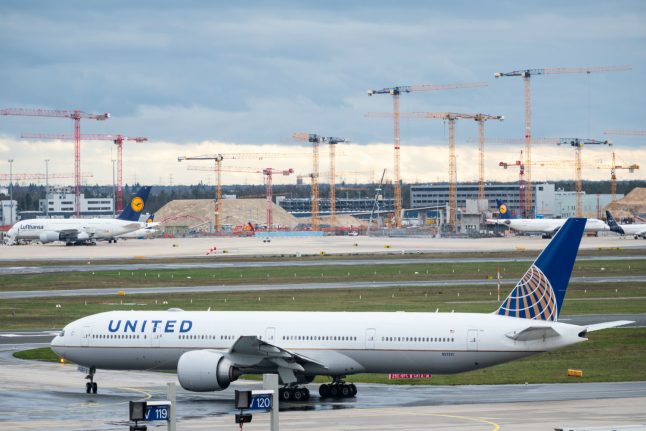The EU on Thursday published its revised list of 'safe' countries which it recommends members allow travellers to enter from – but the US is still not on it.
Europe began to open up its external borders on July 1st (after opening up travel within Europe from June 15th) and at that time the EU said that the list of 'safe' countries would be revised every two weeks.
The first revised list has now been published, and no new countries have been added but Serbia and Montenegro have been removed from the list.
The list will be revised again in another two weeks.
So what does this mean for Americans?
Firstly, the travel rules are based around where you are coming from, not what passport you hold. So a US citizen travelling from Germany, for example, would be permitted to enter France because there are no health restrictions on the French-German border.
Secondly, this does not affect US citizens who are residents of Germany, although they will need to show proof of residency at the border.
READ ALSO: What you need to know about travelling from Germany to other European countries
Essential travel has been permitted throughout the lockdown and this continues, although the definition of essential travel into the EU is stricter than many countries' individual rules and does not include a category for family emergencies (more detail below).
So this latest ruling really affects tourists, second home owners and those wishing to visit family and friends in Germany.
This will now stay in place until at least July 30th.
Is it a final ruling?
The EU's list is advisory and member states are free to impose different rules if they want (as for example Italy has done) so in theory Germany could decide to allow in visitors from the US anyway.
However German politicians have previously said they will follow the EU's recommendations so it seems unlikely that the situation will change for Americans wanting to come to Germany, at least for the next few weeks.
What happens next?
There's another list due at the beginning of August but the list is largely based on the health situation in individual countries, so how quickly the ban on American tourists is lifted really depends on the evolution of the health situation in the US.
Countries were included on the safe list if the coronavirus outbreak in the country was judged to be the same or better than that EU average. The bar was fixed at 16 cases per 100,000 people over the last two weeks.
The revised list of 'safe' countries is: Algeria, Australia, Canada, Georgia, Japan, Morocco, New Zealand, Rwanda, South Korea, Thailand, Tunisia and Uruguay. China is also provisionally on the list, if reciprocity requirements are met.
What is essential travel?
The EU's definition of essential travel is stricter than many countries' individual restrictions and does not contain any exemption for visits for family reasons.
People who can travel into the European bloc include
- Citizens of an EU country
- Non EU citizens who are permanent residents of an EU country and need to come home
- Healthcare workers engaged in crucial work on the coronavirus crisis
- Frontier workers and in some circumstances seasonal workers
- Delivery drivers
Quarantine
Currently, Americans who enter Germany – for example returning residents – will be subject to a quarantine for 14 days, according to the Foreign Office. The quarantine rule applies to travellers returning from any country which the Robert Koch Institute currently defines as a “risk area”.
Official advice
We reached out to the U.S. Embassy in Berlin, who directed us to the following information:
- For the most up to date travel information and recommendations from the Department of State, see our website here
- The Global Level 4 Health Advisory remains in place. We advise US citizens to avoid all international travel due to the global impact of Covid-19. US citizens who live in the United States should arrange for immediate return to the United States, unless they are prepared to remain abroad for an indefinite period
- For information on the Covid-19 situation in specific countries, US citizens can go here to link to an individual US embassy or consulate
- You can link to our page directly here – which includes answers to frequently asked questions
- US citizens should enrol in the Smart Traveler Enrollment Program (STEP) so they can receive alerts while they are travelling and be reached in an emergency



 Please whitelist us to continue reading.
Please whitelist us to continue reading.
Member comments